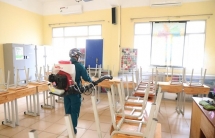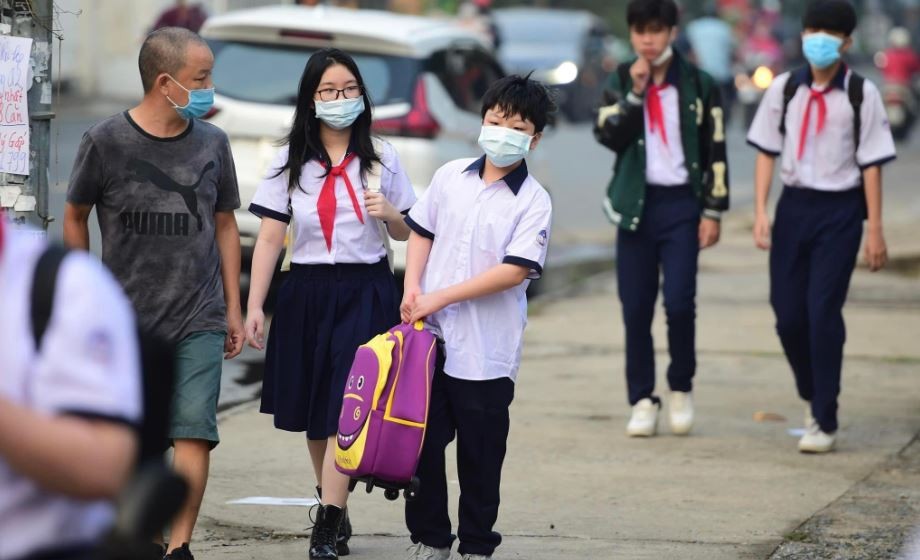Ask the experts: Could warmer weather really help contain COVID-19?
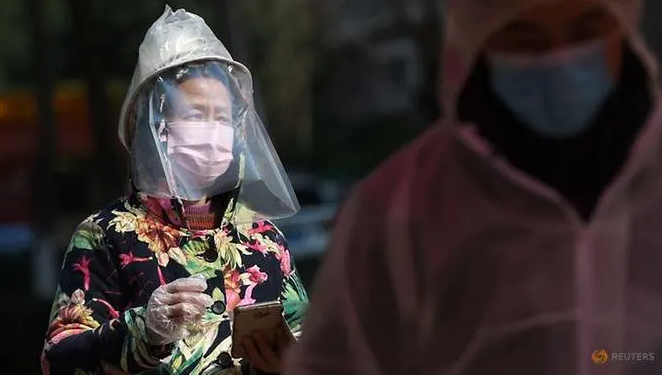 |
| A resident wearing makeshift protective face shield waits to collect food and necessities purchased through group orders at an entrance to a residential compound in Wuhan, the epicentre of the novel coronavirus outbreak, Hubei province, China February 21, 2020. REUTERS/Stringer |
DO WE KNOW WHETHER THE NEW CORONAVIRUS IS "SEASONAL"?
That's what some infectious disease experts are hoping. But they cannot be sure yet because this virus has not been around long enough for scientists to collect the evidence they need.
"All we have to go on is analogies with other diseases that spread in similar ways," said Paul Hunter, an infectious disease expert at Britain's University of East Anglia.
What specialists do know is respiratory infections like flu, coughs and the common cold can have seasonal influences that make outbreaks of them easier to predict and contain.
It's also known that certain environmental conditions can boost transmission of viruses: Cold weather, humidity, and the way people behave during winter can all affect the trajectory of an epidemic.
WHAT IS IT ABOUT WINTER THAT HELPS RESPIRATORY DISEASES SPREAD?
"The reason why cold weather is presumed to cause spreading of coughs, colds and flu is that cold air causes irritation in the nasal passages and airways, which makes us more susceptible to viral infection," said Simon Clarke, an expert in cellular microbiology at Britain's University of Reading.
Winter weather also tends to see people spending more time indoors and clustering together. This increases the risk of infection.
Many respiratory infections, including COVID-19, are spread in droplets that are released when an infected person coughs or sneezes. According to disease experts, when the air is cold and dry, those droplets are more likely to float in the air for longer - travelling further and infecting more people.
SO WILL SPRING'S ARRIVAL HELP BRING COVID-19 UNDER CONTROL?
"It's entirely possible that we might get a spring-time lull," said Clarke. "It's unlikely to make things worse, but we don't know for sure - it's an educated guess."
Hunter echoes that, saying he thinks it's likely "that the disease will decline substantially during the summer months in the northern hemisphere".
"Whether it comes back again is a moot question," he added. "It would not surprise me if it largely disappeared in summer only to reappear again in the winter."
'MUST ACT FAST'
The window of opportunity to contain wider international spread of the epidemic of the new coronavirus disease is closing, the World Health Organization (WHO) warned on Friday (Feb 21), after cases were reported in Iran and Lebanon.
Asked whether the outbreak is at a "tipping point" after new cases and deaths from COVID-19, the WHO's director-general, Tedros Adhanom Ghebreyesus, said he still believed the virus could be contained, but added: "The window of opportunity is narrowing, so we need to act quickly before it closes completely.
"This outbreak could go in any direction," Tedros said. "If we do well, we can avert any serious crisis, but if we squander the opportunity then we will have a serious problem on our hands."
He said it was "very concerning" that Iran had reported 18 cases and 4 deaths in just the past two days, adding that the WHO had supplied testing kits to Tehran.
Lebanon confirmed its first coronavirus case on Friday and said it was monitoring two other potential cases after a 45-year-old woman arriving from the holy city of Qom in Iran on Thursday tested positive, Health Minister Hamad Hassan said.
South Korea reported 48 more novel coronavirus cases Friday afternoon, adding to 52 it announced in the morning, bringing the nationwide total to 204 - the most outside China.
The new coronavirus started in the Chinese city of Wuhan but has since spread to more than 25 countries.
Globally more than 2,200 people have died from the disease and more than 76,000 people have tested positive, the vast majority in China./.
In topics
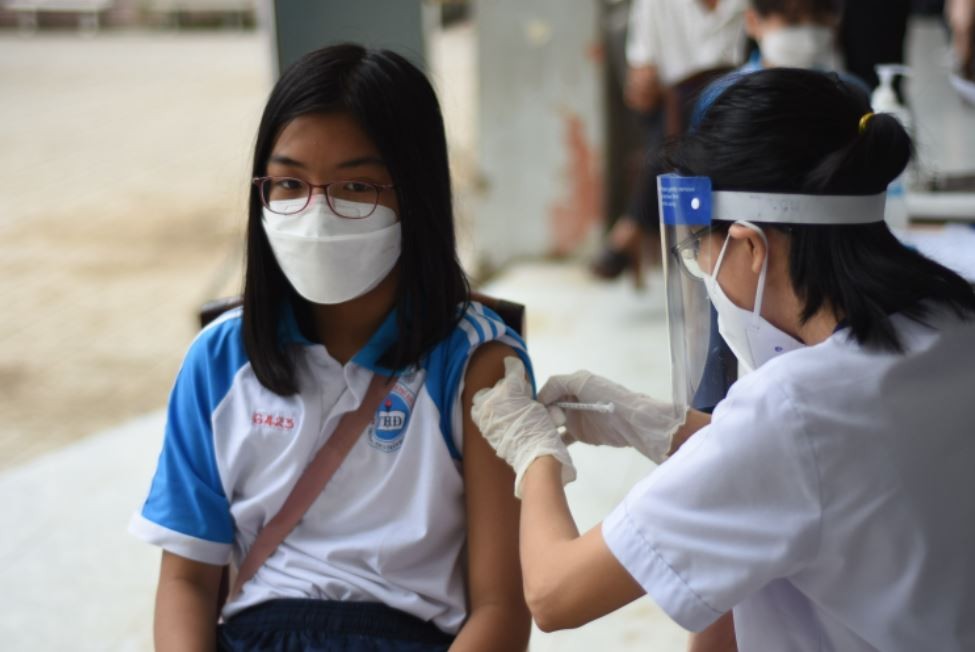 Focus
Focus
Vietnam Covid-19 Updates (May 1): Daily Infections Fall to Nine-month Low of 5,109
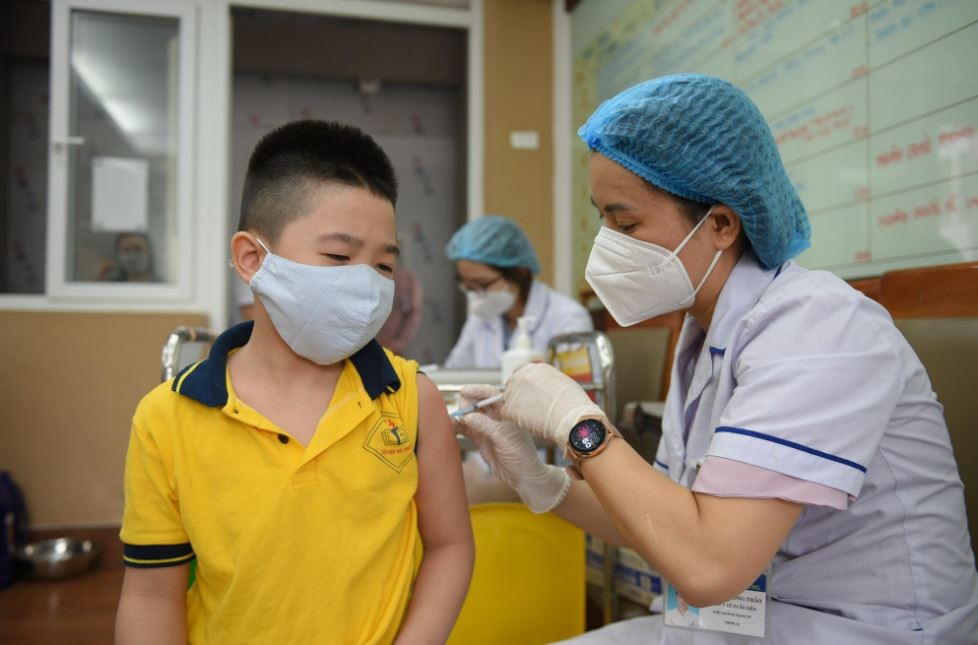 Focus
Focus
Vietnam Covid-19 Updates (April 29): 7,100 Cases, 79,000 Recoveries Reported
Recommended
 World
World
US, China Conclude Trade Talks with Positive Outcome
 World
World
Nifty, Sensex jumped more than 2% in opening as India-Pakistan tensions ease
 World
World
Easing of US-China Tariffs: Markets React Positively, Experts Remain Cautious
 World
World
India strikes back at terrorists with Operation Sindoor
Popular article
 World
World
India sending Holy Relics of Lord Buddha to Vietnam a special gesture, has generated tremendous spiritual faith: Kiren Rijiju
 World
World
Why the India-US Sonobuoy Co-Production Agreement Matters
 World
World
Vietnam’s 50-year Reunification Celebration Garners Argentine Press’s Attention
 World
World

